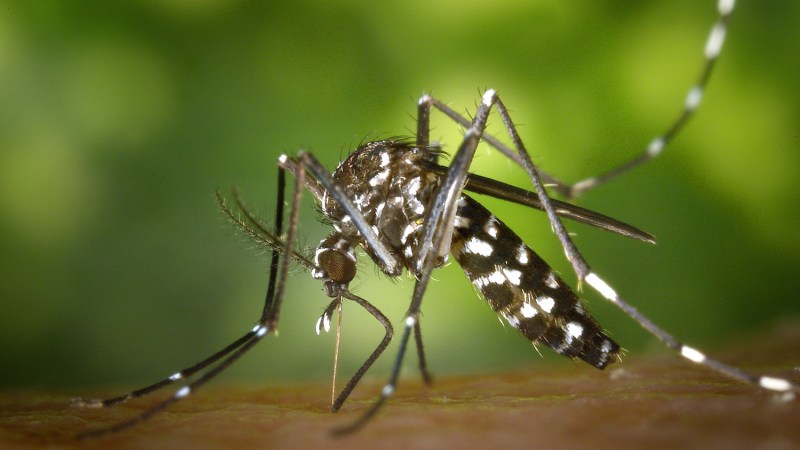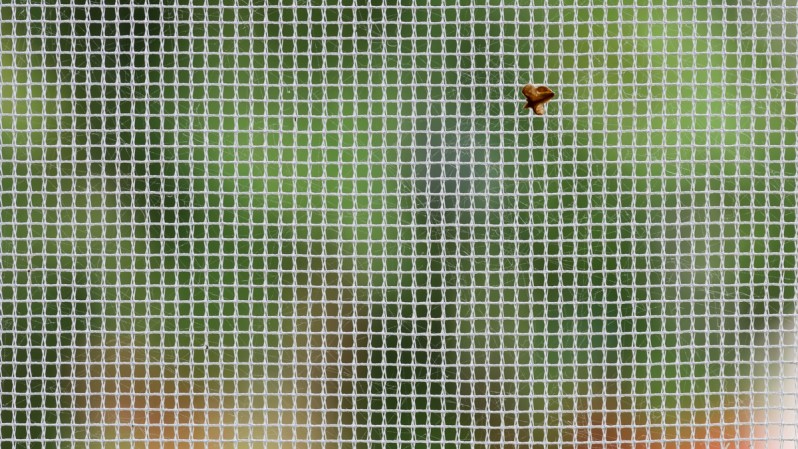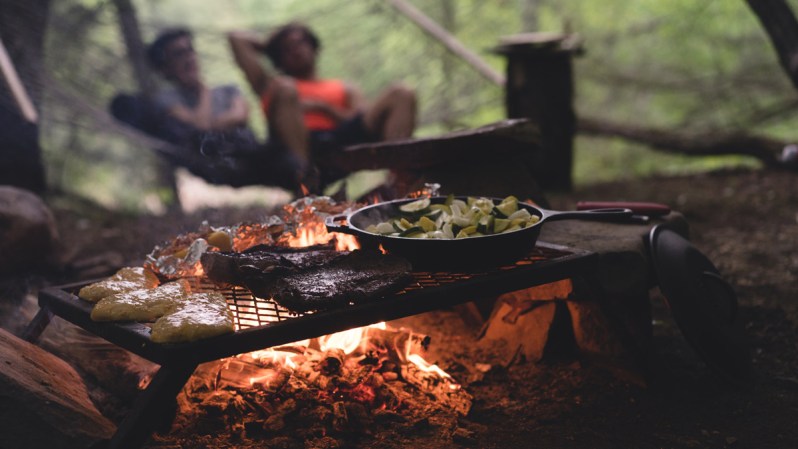Mosquitoes: one of humankind’s most ironic nemeses. Even the biggest mosquitoes don’t grow any larger than 1.5 inches long, yet year after year we face off against these blood-hungry, heat-seeking monsters like we’re trying to save Sparta. Aside from the sheer irritation of their bites, mosquitoes can carry a number of diseases — as we’ve recently witnessed with the increase in Zika infections in the United States — so it’s important to protect yourself against them.
For expert advice on how to protect yourself from mosquitoes, we turned to Karen Reardon, Vice President of Public Affairs at RISE (Responsible Industry for a Sound Environment), a national trade association that represents companies who manufacture and formulate the ingredients for mosquito control products.
About Mosquitoes
First, let’s take a moment to learn a thing or two about these absolute monsters. Mosquito season varies among regions, but July and August is generally their favorite time of year to attempt to overthrow the established human-mosquito power dynamic. According to the American Mosquito Control Association, a single female mosquito can lay eggs once every three days during the breeding season. Sure, that’s a lot, but not that much, right? Wrong. If only 25% of her progeny survive, she’ll still be responsible for over 400 million new mosquitoes in one season – and we already know mosquitoes are notorious nuisances and disease carriers.

Imported diseases such as Zika, West Nile Virus and Eastern Equine Encephalitis infect a few thousand people a year, and the little buggers are even worse for your pets, with thousands of dogs contracting heart worm from mosquitoes every year.
While your odds of catching a disease from a mosquito bite are relatively slim, it never hurts to stay safe. Plus, who wants to choose between staying locked up all summer or being covered in itchy red bumps for months on end? Heed the following advice and get the most out of your summer by avoiding the bugs and their bites.
Protecting Your Body
Wear light colors and long sleeves
Though summer is the ideal time for shorts and t-shirts, exposed skin is mighty tempting for hungry mosquitoes. “It’s important to minimize the parts of your body that are exposed, where mosquitoes can land,” says Reardon. You’ll find that light-colored, long-sleeve shirts and long pants can help discourage mosquitoes while keeping you relatively cool. According to Reardon, “mosquitoes are most active during the dawn and dusk hours,” so you can avoid those nasty bites by planning to stay indoors during those hours.
Get permethrin-treated clothing
Mosquitoes have been a nuisance to humankind for a long time, and over that time we’ve developed a number of sophisticated ways to ward them off. Reardon encourages people who spend a lot of their summertime outdoors to “think about the option of… permethrin-treated shirts, or hats, or other articles of clothing.” You can purchase clothing that comes pre-treated with permethrin, or if you prefer to DIY it, you can purchase permethrin and apply it to your clothes yourself. For extended trips – like backpacking and camping – you’d do well to invest in a mosquito net. You might not get many prizes for fashion, but you’ll sure be itching a lot less.
Wear topical mosquito repellent
We’re betting you don’t want to spend your whole summer cooped up inside, so when you defiantly march into mosquito territory, be sure to use a topical mosquito repellent. “Products containing DEET are very effective,” says Reardon, “they’re registered with the US EPA, so they are proven effective to knock down mosquitoes.” You may choose to steer clear of DEET with other products that avoid harsh chemicals – there are plenty of great options out there, just be sure to do your research first. As Reardon notes, “Remedies or repellents that are not EPA registered do not have to go through the same efficacy testing,” so it’s a good idea to read up on the science behind a product’s formula. For safety’s sake, you should always apply topical repellents in strict accordance with the directions for use.
How to Get Rid of Mosquitoes Before They’re Hatched
Get rid of standing water
Mosquitoes lay their eggs in standing water, so rid your property of any areas that collect water to make sure there is no place for them to breed. Follow Reardon’s advice and “empty those flower pots on your balcony, turn over anything that might collect water…look out for places that are attractive for their larvae–including rain gutters [and] if you have a yard, fill in places where water can collect.”
Talk to your neighbors
Of course, all your mosquito control efforts won’t mean much if your neighbor refuses to do diddly squat. If you do all the right things and are still having a problem,” advises Reardon, “you might want to peer over the hedge or the fence and see what’s next door — see if you can get your neighbor to cooperate with you on a mosquito control program.” Chances are, your neighbor isn’t crazy about being covered in inflamed lumps either, so getting on the same page with them can help you both have a better summer.

Close doors, keep up with screen repair
Mosquitoes are bad enough when they’re outside your home — the last thing you want is for them to bite you while you’re bingeing on whatever you’re using to stave-off your Westerosian cravings until it’s finally “winter” again. “Around the home, you can keep mosquitoes out of the house by keeping screens in good repair and keeping doors closed during the times when mosquitoes are most active,” says Reardon. If mosquitoes are particularly bad around your property, you might consider investing in a misting system – just be sure to use them properly and keep up with maintenance.
Hanging Out Around the Campfire or Patio
Mosquitoes can make an activity as simple as sitting around the campfire completely unbearable. When you’re planning to sit outside for a long time, use a citronella candle to provide ambient mosquito control. “Citronella is a naturally derived product that can provide some very localized relief,” says Reardon, “there are also products that you can light or attach to your clothing that are registered by US EPA and repel mosquitoes.” According to the American Mosquito Control Association, repellents that use ultrasound technology have “no repellency value whatsoever,” so hopefully you haven’t blown some cash on one of those devices this season.

For the best results in avoiding mosquitoes this summer, your best bet is to follow Karen Reardon’s most sound advice: “When it comes to keeping ourselves or our pets from being bitten by mosquitoes, there should be a multi-pronged approach.” Combine multiple methods to stay safe and comfortable this season. With these tips (and a little luck), you might just make it through the summer bite-free.
For more information about how to get rid of mosquitoes, visit RISE’s website. You can also check out the American Mosquito Control Association.
This piece was originally published July 21st, 2015 by TJ Carter and updated on August 8th, 2016 by LeeAnn Whittemore.


